Just-released Commonwealth observer report on 2024 elections calls for electoral reforms in ...
Mozambican state should investigate political killings, hold authors accountable
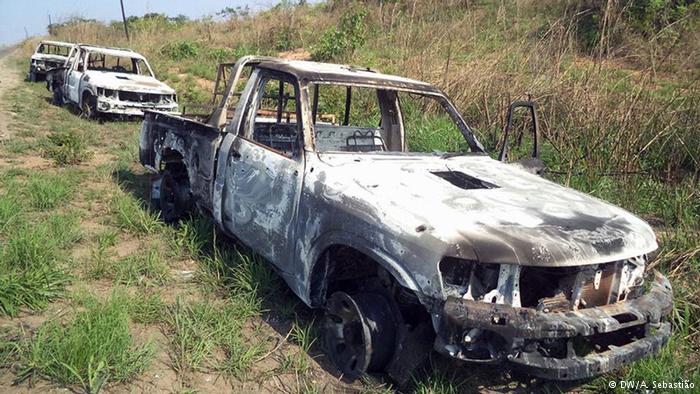
DW / Attack on the leader of RENAMO, Afonso Dhlahama (September 2015)
So far, nothing has been done in the wake of the political killings that occur almost every day. Inertia and lack of political will explain the climate of impunity, human rights organisations say.
While the delegations of the Mozambican government and Renamo, the main opposition force, are taking snail’s-pace steps in the peace negotiations in Maputo, there are reports of killings and attacks, mainly against members of the opposition, almost daily.
“These murders happen every day, especially in areas where there is conflict, and create a climate of fear for all Mozambicans,” Mozambican Human Rights League Information and Civic Education officer Fernão Penga Penga says.
As a consequence, many citizens, “mainly members of Renamo and people who are considered opposition people, spend their lives outside their homes, fleeing the threat of assassination by both the Defence and Security Forces and people apparently connected to the ruling party,” Penga Penga adds.
In its refugee fieldwork, the Human Rights League was able to confirm that “this is the situation of many of the people who left their home to go into the bush or, for example, in Tete, [people] who had to flee from murders and threats into Malawi”.

Fernão Penga Penga has no doubt of the existence of death squads, as also claimed by Renamo. Although he cannot describe in detail how they act or how they are formed, “we corroborate that there are death squads in Mozambique, which persecute not only members of opposition parties but also members of civil society who have opinions contrary to the current situation or who lead popular indignation over what is happening in the country,” he says.
As far as the Mozambican Human Rights League is concerned, “there is no political will to combat this crime wave, nor for the restoration of peace in Mozambique”.
Climate of impunity
Human Rights Watch [HRW] notes, however, that there is also a pattern of the killing of people close to the ruling party, Frelimo. The organisation’s Zenaida Machado says that “a very serious climate of impunity” in Mozambique is blowing in favour of a wave of political assassinations in the country.
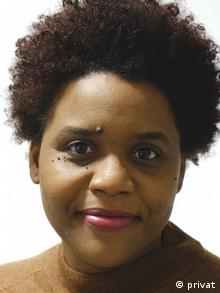
“There is a serious problem in the criminal investigation police in Mozambique: They promise to investigate but we never get to the end of the investigation. It [investigation] promises to punish, but in the end the criminals aren’t even brought to trial,” she says.
There is a “lack of accountability for criminal acts,” which gives space to “committing a raft of other crimes because it is known in advance that there is no state structure that allows identification and punishment. Now, if this structure does not exist, is it because of the deficiencies that Mozambique has or is it deliberately targeted against the enemy party? This is what still remains to be established”.
So far, the [URW’s] “attempts to seek clarification from the Government on who has already been summoned or tried or detained over these assassinations of political figures have been in vain,” Machado complains.
State should do its homework
Machado believes that it is necessary for state institutions do their job to end political assassinations: investigate and hold [perpetrators] accountable.
That is, to “get to the people behind these murders, who are clearly and politically motivated, and penalize them; to set a clear example that in a state governed by the rule of law, such crimes are not acceptable”.
The Mozambican Human Rights League’s Fernão Penga Penga agrees. “The state must activate the mechanisms that already exist, and take a firm decision to combat crime.”
In addition, “it is necessary that Mozambican citizens themselves stand up and say ‘enough of this situation’,” he concludes.


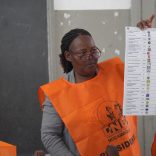

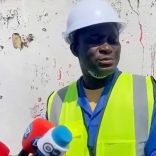
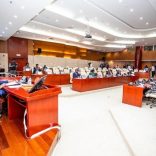






Leave a Reply
Be the First to Comment!
You must be logged in to post a comment.
You must be logged in to post a comment.